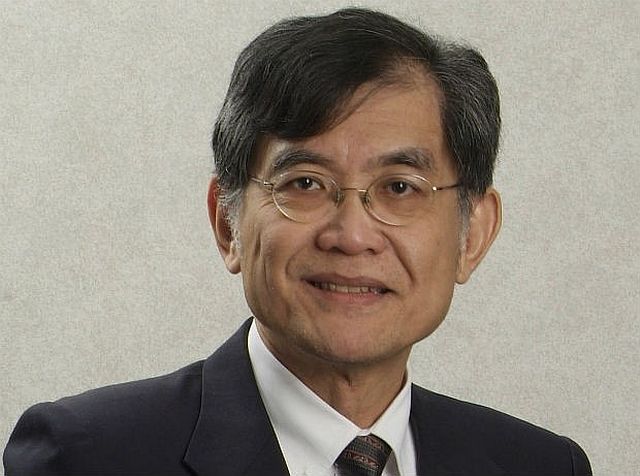
The International Monetary Fund’s growth projections for the Philippines this year, although lower than the original targets and the government’s own projections, remain at a respectable level amid the global headwinds, Socio-Economic Planning Secretary Emmanuel F. Esguerra said.
IMF has trimmed gross domestic product (GDP) growth targets for the Philippines to 6 percent this year and 6.2 percent in 2017.
“While these projections are lower than the government’s own projections, these are respectable numbers considering the highly uncertain global environment that we face as of the moment,” Esguerra said during the recent Visayas shipping conference here.
For the Philippine government, Esguerra said they were aiming to hit the low end of the target of 6.8 percent to 7.8 percent. The economy expanded by 5.8 percent last year.
“We are keeping a careful watch over the spending performance of (government) agencies in order to ensure the implementation and address the bottlenecks and the execution of the projects and programs will not be further delayed,” he said.
Esguerra, also director-general of the National Economic and Development Authority (Neda), said growth will continue to come from high household consumption fueled by strong remittance inflows and consumer confidence.
Sustained government spending on infrastructure and social protection programs such as the 4Ps and national health insurance will also fuel growth, he said.
“On the supply side, of course, the lower petroleum prices can support more because that lowers the cost of production. That will certainly be a significant contribution,” he added.
Esguerra noted that the economy has performed well despite the global headwinds created by the slowdown in China, the rising commodity prices, and declining oil prices.
“The economy has been able to produce more jobs and these jobs are of higher quality. The rate of unemployment has fallen. In fact, the last labor survey in Jan. 2016 that was reported at 5.8 percent, (was) very much lower (than) what it used to be,” he said.
Esquerra also pointed out that inflation has remained low while the country’s gross international reserves remained high as remittances from overseas Filipino workers (OFWs) continued to increase.
“Our strong position has been recognized and that has earned the country an investment grade status from major (credit rating) agencies for the first time in 2013. This has been reaffirmed recently,” he said.
The thriving BPO sector is also seen to fuel growth in the real estate sector and construction.
Other sources of growth are domestic and international tourism as well as the resurgence of the manufacturing sector.